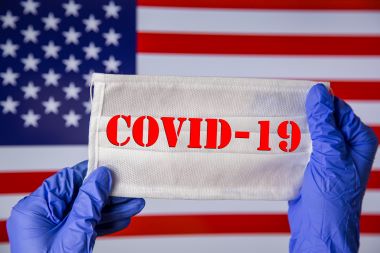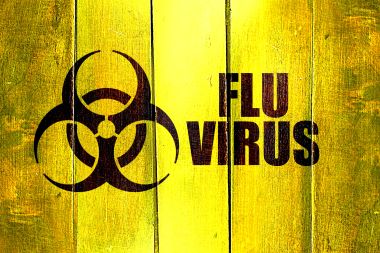U.S. media reports in the early weeks of the COVID-19 pandemic drove many worried citizens to seek care (or even just testing) wherever they could, without regard to whether it was the best setting for their situation. Months later, as billing is catching up, it’s time to pay the piper—and some of the bills are far higher than patients may have expected. As we’ve seen historically, a good number are associated with freestanding emergency rooms. …
Read More









